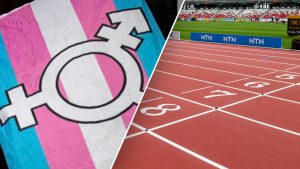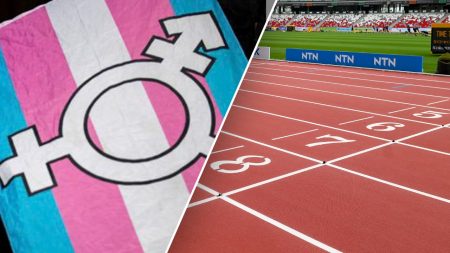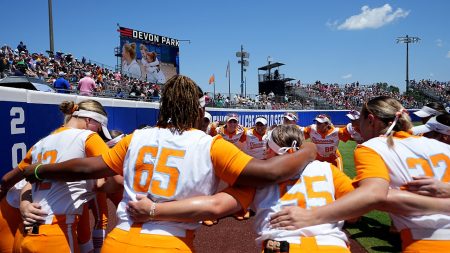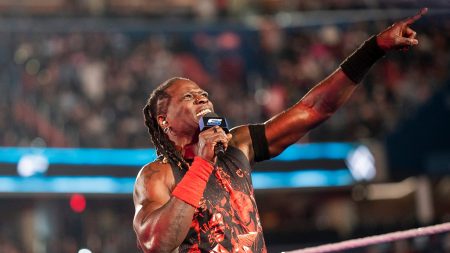On January 10th, 2025, a seemingly routine traffic stop by the Ohio State Highway Patrol in Clark County unveiled a connection to a high-profile burglary case involving Cincinnati Bengals quarterback Joe Burrow. Dashcam footage released by the patrol captured the arrest of four men suspected of robbing Burrow’s Ohio residence while he was away playing a game against the Dallas Cowboys in Arlington, Texas, on December 9th, 2024. This incident brought to light the vulnerability of professional athletes to home invasions, even while actively engaged in their careers.
The incident at Burrow’s residence unfolded while model and social media influencer Olivia Ponton, identified as an employee of the Bengals star, was present. Though physically unharmed, Ponton experienced the terrifying ordeal firsthand, promptly calling her mother, Diane Ponton, who then contacted 911. The emergency call recording captured the frantic moments as Diane relayed her daughter’s fear and uncertainty about how to react to the unfolding situation. While the suspects rummaged through the quarterback’s belongings, Ponton remained safe, highlighting the unsettling nature of the invasion, which violated the sanctity of Burrow’s home even without physical harm.
The four suspects apprehended during the traffic stop – Sergio Cabello, Bastian Morales, Jordan Sanchez, and Alexander Chavez – were identified as Chilean nationals. Their arrest was the culmination of an ongoing investigation into burglaries targeting multimillion-dollar homes across multiple states, suggesting a sophisticated and organized operation. Court documents revealed that all four men were residing in the country illegally, either having entered without authorization or overstaying their visas. This added another layer of complexity to the case, linking it to broader issues of immigration and cross-border criminal activity. Furthermore, the suspects’ use of fake IDs underscored their efforts to conceal their identities and evade law enforcement detection.
The link between the traffic stop and the Burrow burglary became evident when authorities searched the suspects’ vehicle. Inside, they discovered an old LSU shirt and a Bengals hat, items believed to have been stolen from Burrow’s home on December 9th. This connection to the burglary, coupled with the presence of two Husky automatic center punch tools – a tool known to be favored by the South American Theft Group – significantly strengthened the case against the suspects. The discovery of these items not only linked the suspects directly to the crime but also hinted at a potentially larger criminal network operating across state lines, possibly with international connections.
The four men now face a slew of charges, including engaging in a pattern of corrupt activity, participation in a criminal gang, possessing criminal tools, and obstructing official business. These charges reflect the gravity of their alleged crimes and suggest that authorities believe the individuals were part of a larger, organized criminal enterprise. The pattern of corrupt activity charge, in particular, signals that law enforcement suspects the individuals of being involved in a series of similar crimes, not just isolated incidents. The investigation continues as authorities seek to ascertain the full extent of the suspects’ activities and potential links to other burglaries.
Joe Burrow, in a public statement following the incident, expressed his feelings of violation and the difficulty of dealing with the intrusion into his privacy. This statement highlights the emotional toll such incidents take on victims, even those accustomed to public scrutiny. Burrow’s experience underscores the challenges athletes face in balancing their public persona with the need for personal security and privacy. The incident also prompted discussions about the broader issue of athlete safety and the measures needed to protect them from such targeted crimes. Furthermore, the incident spurred the NFL and NBA to issue memos urging players to heighten their vigilance and security measures following a string of home invasions targeting professional athletes. This underscores the growing concern among league officials about the vulnerability of players to such crimes and the need for proactive measures to address the issue.










